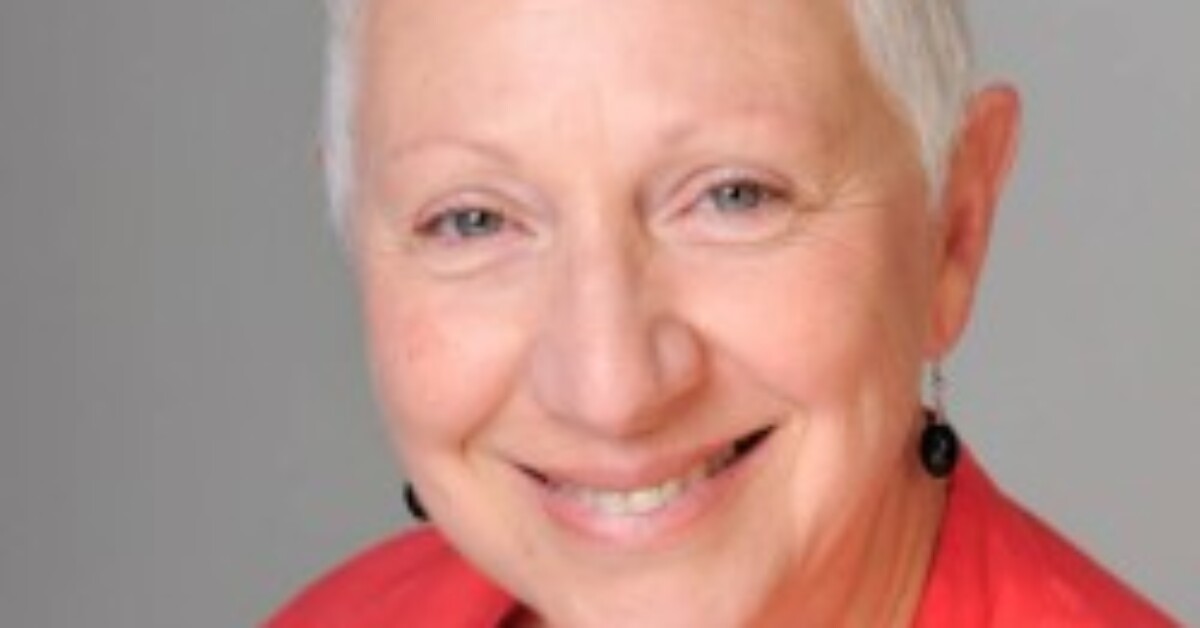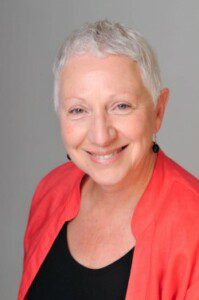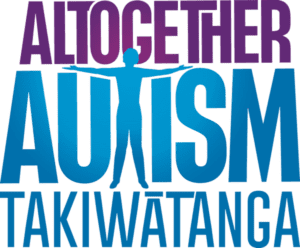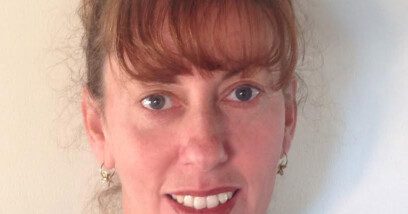
This article was written by Chris Peters and originally appeared in the Winter 2018 edition of ‘Hearing Matters’ from the National Foundation for the Deaf.
For New Zealand’s team of hearing therapists the driving force is to make a difference in the lives of people with hearing loss – and their families.

While research shows more than 880,000 Kiwis have some degree of hearing loss, Jessica Lissaman, General Manager, Hearing for Life Unlimited, says the condition still lacks profile.
“There’s still a lot of ignorance about the far-reaching impact of hearing loss and about the services available to support people,” she says.
“It’s one of those things you don’t know a lot about until you are affected by it.”
The 24 hearing therapists, who are funded by the Ministry of Health, operate from Invercargill to the far north.
Their focus is helping people with hearing loss get the best out of their hearing and supporting them, their families, work colleagues and the community they operate in.
Clients refer themselves, or are referred by audiologists, GPs, agencies such as Age Concern, rest homes and others, but the therapists also reach out to the community with workshops and other activities. They often work from Hearing Association offices, medical centres, outreach clinics, marae and community centres.
“A big part of the therapist’s role is being out and about in the community and in the hearing sector,” Jessica says.
“A lot of our referrals come from word of mouth – people who have seen how effective our work has been and want their family member, friend or colleague to come to us as well.”
Hearing therapists, who were at one time known as hearing tutors, became part of Life Unlimited in 2002 and have a national qualification that is the result of two years’ workplace training.
“The way we work has evolved with less focus on the technology and more on the psycho-social elements – how people live day to day and manage the social impact of hearing loss in their lives,” she says.
“The focus is on family as well – people who are close at home, at work and in the community.”
Therapists work with clients to understand how well they hear, what difficulties they’re having – including with hearing aids – and the options and strategies for dealing with those issues.
As credentialed assessors for hearing assistive equipment they help clients who meet certain criteria to access devices like smoke alarms, other alerting devices, and specialist telephones.
“We care about making a positive difference in people’s lives,” Jessica says.
“One of our catchphrases is ‘Living well with hearing loss’ and that sums up our work and our approach.
“We work to enable people to live the life they want to lead.”





